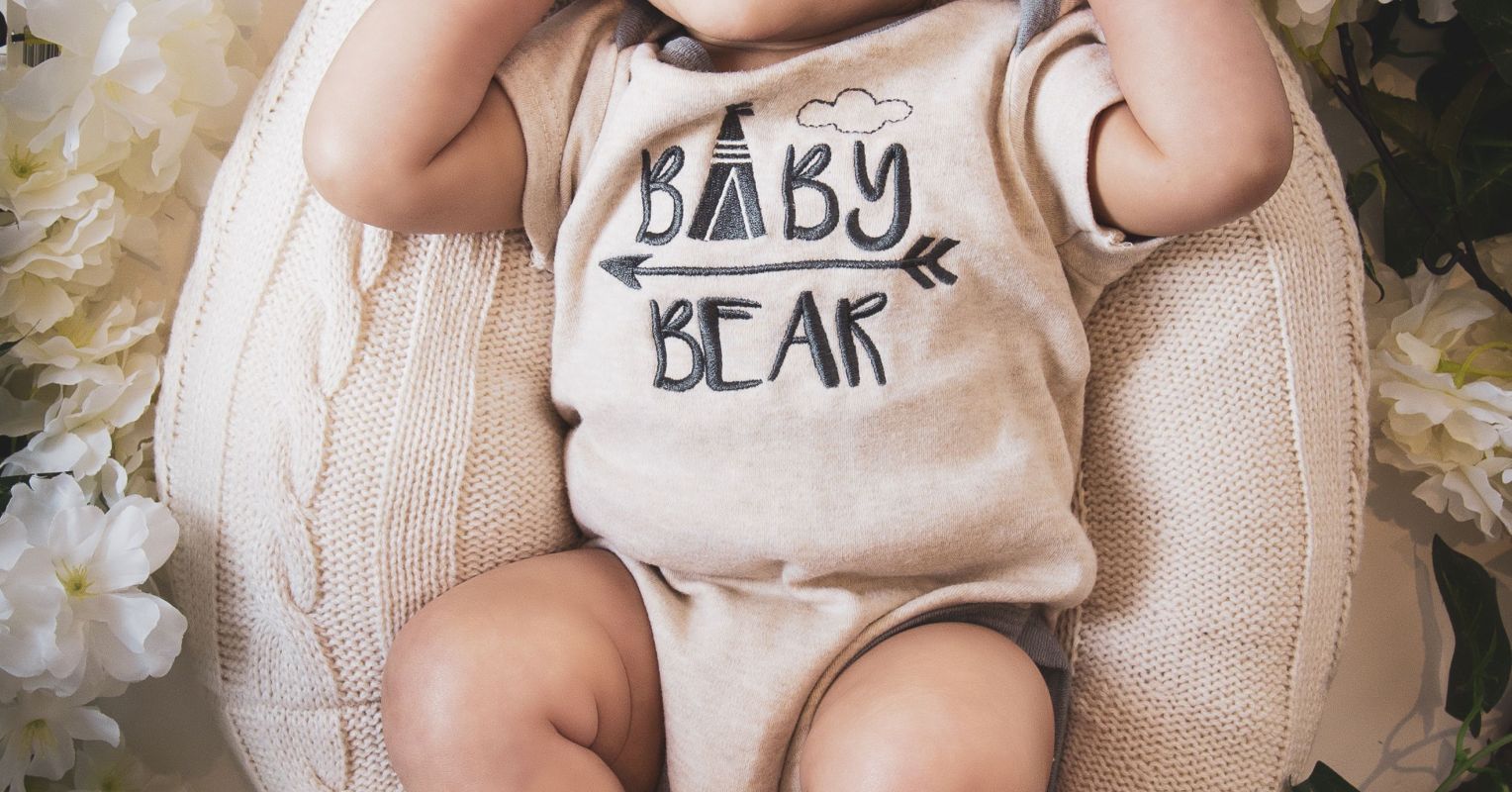
"Using the genetics of someone you don't know to help you build one of the most intimate relationships in your life can be very difficult. It can generate feelings of loss, worry about being accepted by others, fear of others not accepting your children, concerns about bonding, and more. These feelings do not need to be resolved to parent. They need to be accepted, and they often need time."
"Your child may not look like you, act like you, or have your same IQ or talents. When you or others notice these differences, it may cause upset. If you, or others, notice similarities between you and your child, you may also be reminded that there is no genetic connection. It may be stressful to have medical questions that cannot be answered. Family gatherings may highlight genetic differences."
Using the genetics of someone unknown to you can produce loss, worry about acceptance, fears for your children, concerns about bonding, and unresolved medical questions. Upsetting feelings may arise when children differ from or resemble parents, during family gatherings, adolescence, dating, or when children ask about donors. Partner jealousy can occur if one parent is genetically linked. These feelings often decrease over time and do not prevent effective parenting. Acceptance, time, creating a personal narrative, and managing disclosure help reduce distress. Donor conception typically becomes one aspect of parenting rather than the central focus.
Read at Psychology Today
Unable to calculate read time
Collection
[
|
...
]